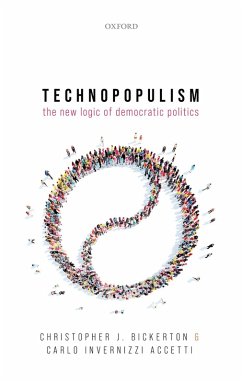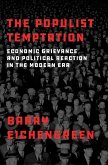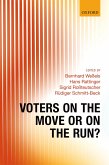Technocratic appeals to expertise and populist invocations of 'the people' have become mainstays of political competition in established democracies. This development is best understood as the emergence of technopopulism?a new political logic that is being superimposed on the traditional struggle between left and right. Political movements and actors?such as Italy's Five Star Movement and France's La R?publiqe En Marche?combine technocratic and populist appeals in a variety of ways, as do more established parties that are adapting to the particular set of incentives and constraints implicit in this new, unmediated form of politics. In the first book-length treatment of the phenomenon of technopopulism, we combine theoretical and historical approaches, offering a systematic definition of the concept of technopopulism, while also exploring a number of salient contemporary examples. This book provides a detailed account of the emergence of this new political logic, as well as a discussion of its troubling consequences for existing democratic regimes. It ends by considering some possible remedies that go beyond the simplistic idea that in the right 'dose' populism and technocracy can counter-balance one another.
Dieser Download kann aus rechtlichen Gründen nur mit Rechnungsadresse in A, B, BG, CY, CZ, D, DK, EW, E, FIN, F, GR, HR, H, IRL, I, LT, L, LR, M, NL, PL, P, R, S, SLO, SK ausgeliefert werden.









